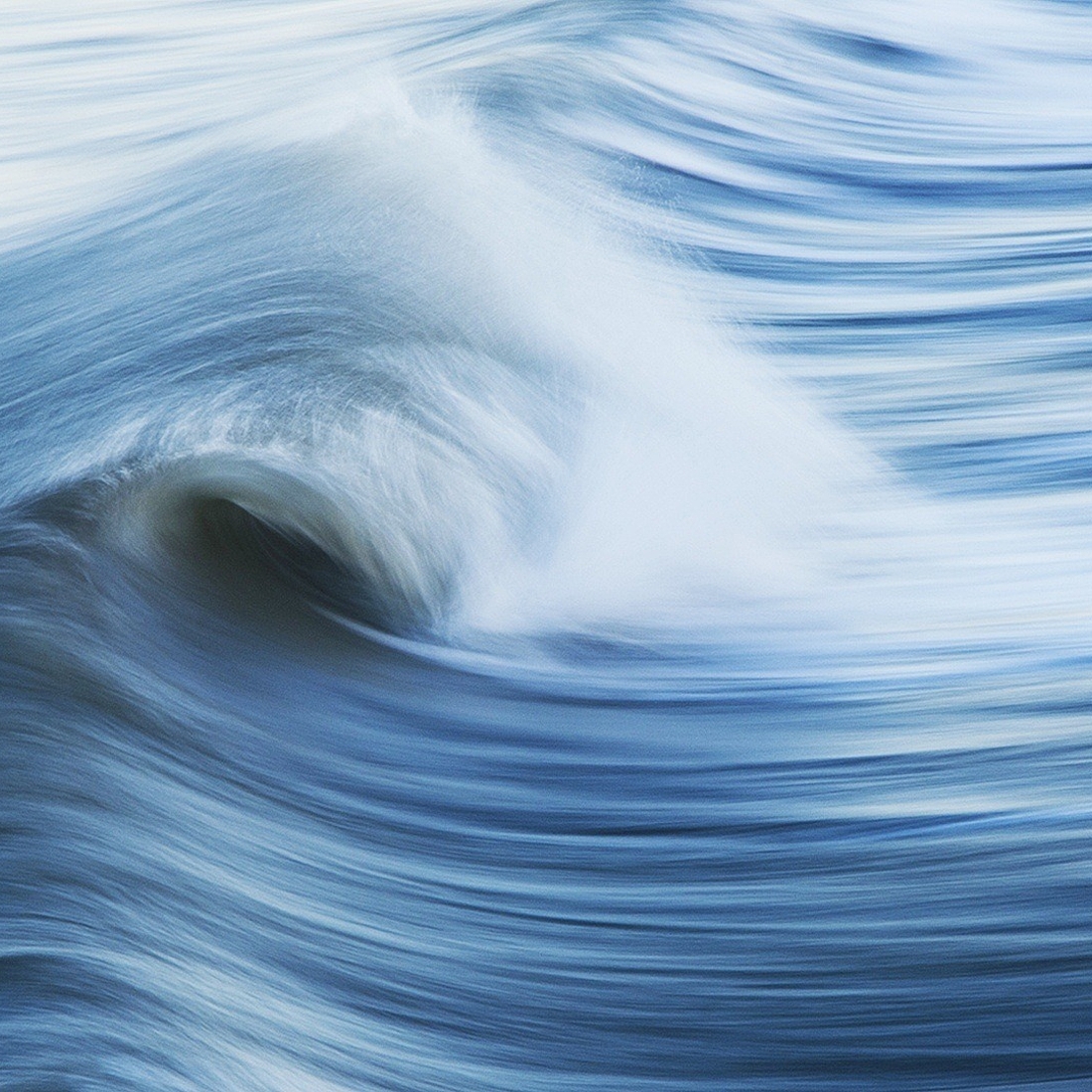

Ships, Science, and the Sea: Research Vessels and the Development of Ocean Science
Lecture / Tuesday, January 30, 2024 / 01:00-02:30 p.m. s.t. CET / via Zoom / participation is free of charge
+++ Terminverschiebung auf den 30. Januar, 14 Uhr +++
The scientific study of the global oceans began in the mid-nineteenth century, and almost from the beginning it involved ships modified to accomplish their task. Naturalists and their successors who wished to access the deep oceans used various partnerships and patronage strategies to gain access to the technologies they needed, and to the people with the skills to make and operate them. They modified these ships—which ranged from warships to yachts—into research vessels, but at the same time, they crafted the new science of oceanography, and the expectations of the new career path for oceanographers. Together, these scientists and their ships also created an ever-changing understanding of the scientific ocean.
This talk will present case studies of nineteenth and twentieth century researchers from several countries and their research vessels, showing how the changes they made to ships, science, and the sea both grew from the imperial and scientific concerns of their time and led to the ways we see and study the oceans today.
Speaker: Penelope K. Hardy is an historian of science, technology, and medicine, focusing on technologies of science, ocean sciences, and scientific exploration of the global ocean. Hardy’s research on ocean sciences in the nineteenth and twentieth centuries focuses on the role of ocean-going research vessels in the development of modern scientific understanding of the oceans and the ocean-atmosphere system, and in the establishment of oceanography as a field.
This lecture is part of the DSM International Lecture Series on Ocean Humanities
Zoom link:
us06web.zoom.us/j/83665863280
Meeting-ID: 836 6586 3280
Kenncode: 055375
